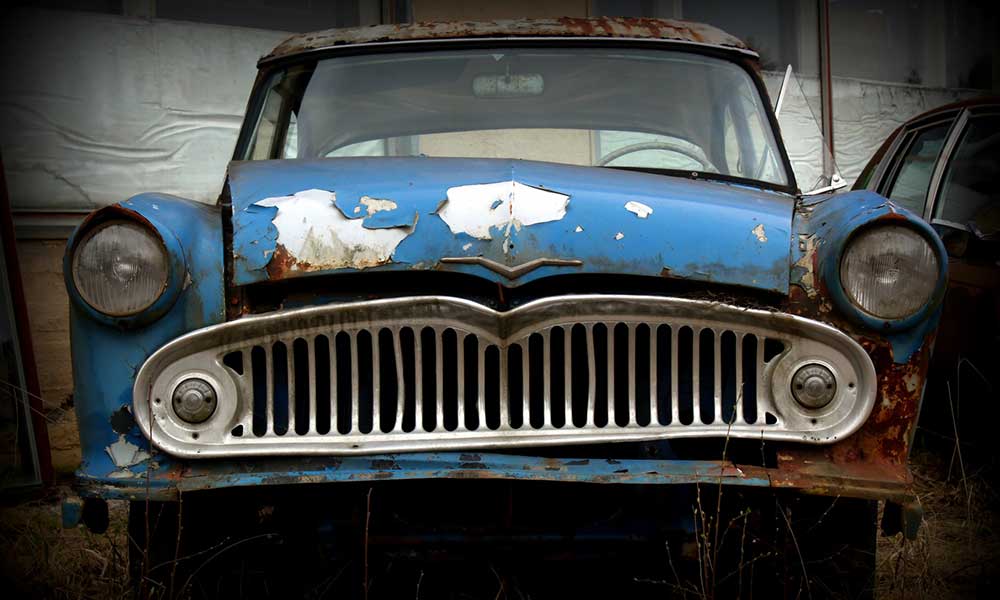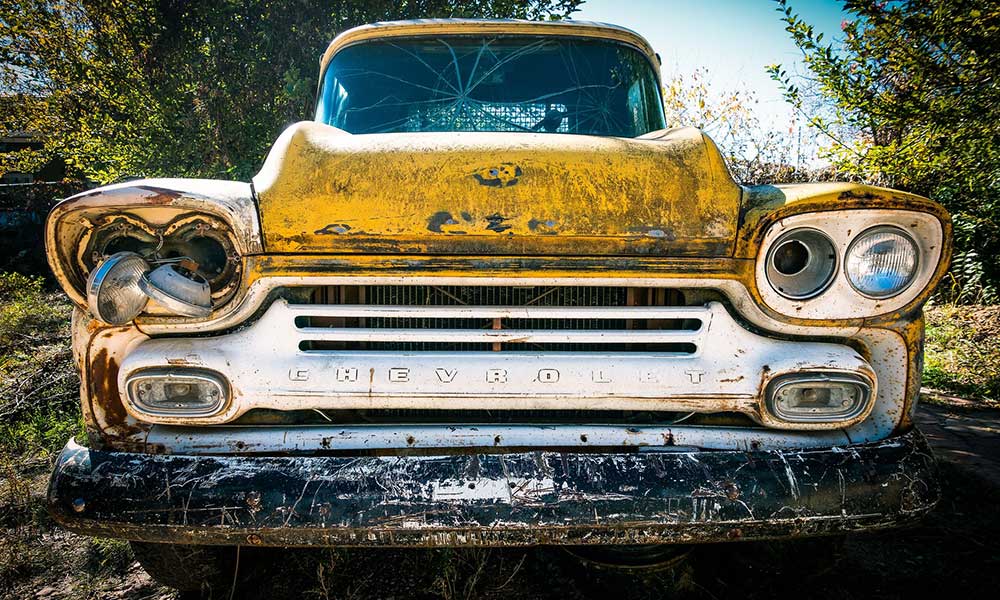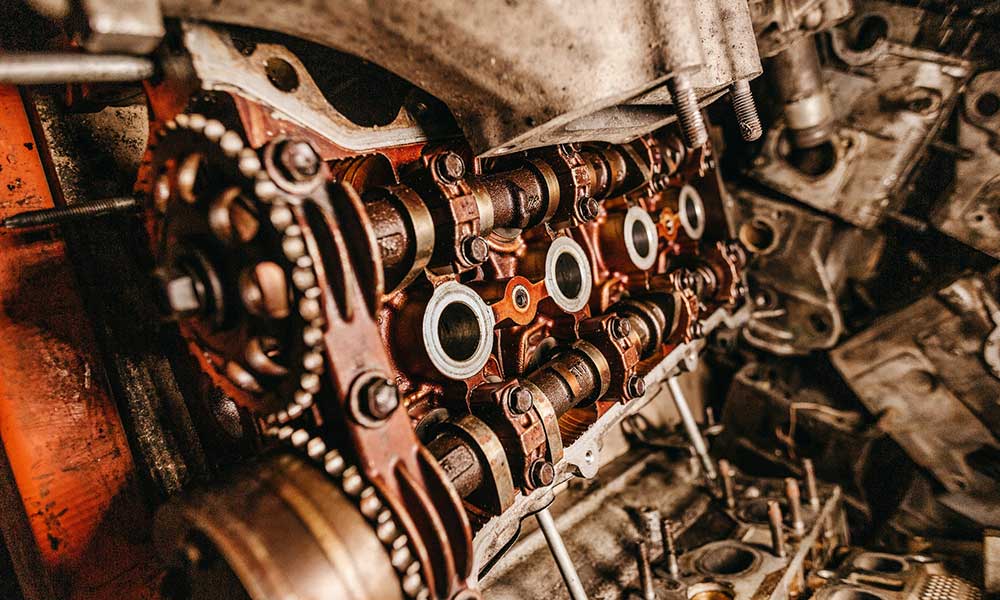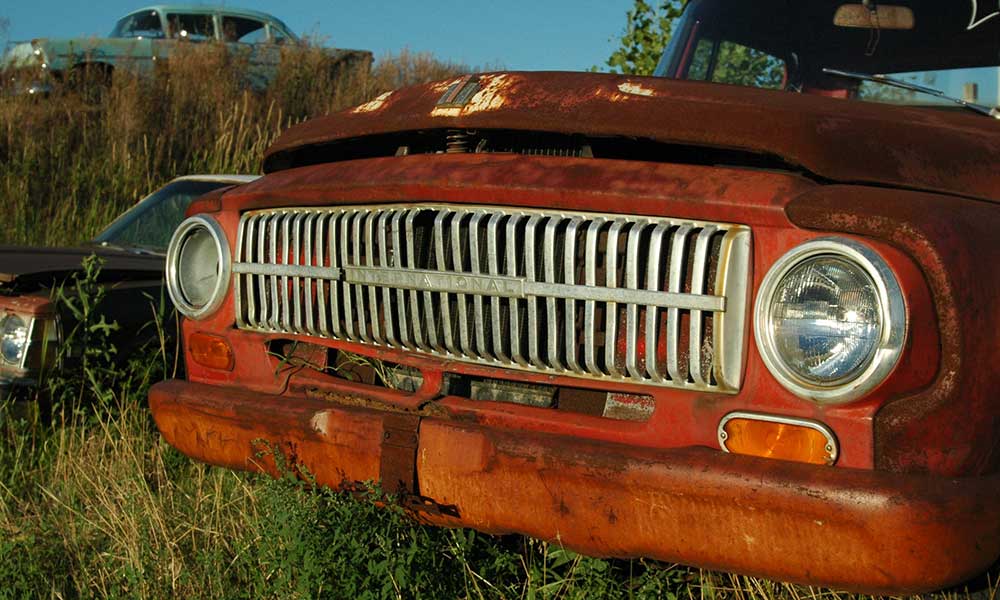If a loved one has recently passed away and you’ve inherited their car, you can contact the DMV, or your respective state agency, to obtain the necessary forms that are needed to transfer the ownership of the car to a specific organization.
The executor will be required to fill out each form and send the forms after the probate process is completed. The documents will need to be sent with a copy of the car title, as well as a certified copy of the probate document.
How Do I Transfer Ownership Of A Car If The Owner Is Deceased?
If you want to transfer ownership of a car if the owner is deceased, you’ll need to wait to obtain the title of the vehicle from the Probate Court.
Immediately contact the insurance provider to inform them of the passing of the policyholder. You’ll be required to provide a death certificate and can even discuss changing key aspects of the plan to maintain the state minimums but lower the premiums.
3 Organizations You Can Donate A Car To
If you want to donate the vehicle of the deceased individual, there are a few organizations you can send the vehicle. One Car, One Difference is one of the top charities and is a public awareness campaign managed by the Insurance Auto Auctions Donation Division. The organization sells the vehicle and donates an average of 72 percent of the gross proceeds to the American Red Cross and the Boy Scouts of America.
Riteway Charity Services is a well-known commercial fundraising organization that donates 75 to 100 percent of the proceeds to multiple charities, including the Children’s Hospital of Los Angeles.
AllState Car Donations is another organization to consider that is based in Van Nuys, California. This organization uses the donations and proceeds of each vehicle to help ex-offenders, recovering addicts, and at-risk populations through apprenticeships.
The earnings from each car donated pay for the salaries of the staff and also fund the programs offered through the organization. The various programs available teach participants how to develop solid work ethics, improve their communication skills, and develop appropriate workplace behaviors. The skills acquired can help the individual gain the confidence and capabilities of securing employment.
Most charities will donate at least 60 percent of the profit of the cars, depending on the overall value of the vehicle. It’s important to research the value of the car to ensure the organization gets a high return on the vehicle. Donating a car to an organization will require obtaining the title of the vehicle and signing the document. It must be considered a part of the individual’s estate. You must be the executor of the state or legally permitted to donate the vehicle. You can also expect to provide a certified copy of the probate document to confirm you’re permitted to make decisions for the estate on the behalf of the deceased individual.
The charity will want to schedule a date and time to pick up the vehicle and will tow it to their location free of charge. You’ll also need to confirm what the organization requests to be written on the car title before you transfer it.
How To Stop Car Insurance On The Car For The Deceased Person
After a loved one becomes deceased, it’s important to avoid driving their vehicle until the insurance has been transferred to you. You’ll be required to provide a probate form, death certificate, and an executor of estate document to the insurance company.
Keep in mind that some car insurance policies can still be in effect after the person dies and will continue to cover any additional people on the policy. This may lead to a few changes with the discounts and coverage provided because the policyholder will change.
Depending on the car insurance policy, the coverage may even immediately become inactive at the time of the policyholder’s death. Contact the insurance company to learn more about the terms and to discuss temporary arrangements that are in place to ensure you can still drive the vehicle to get maintenance and repairs performed.
Can You Drive The Car Of A Deceased Person?
You are not legally permitted to drive the car of a deceased individual until the Probate Court issues an order that allows the car to be transferred to you. You may be a beneficiary, but the car is not legally in your name yet. Once you obtain the car title, you’ll need to obtain auto insurance to legally drive the car. If you’re involved in an accident, the driver and estate can take legal action because you’ve exposed the estate to a potential claim and loss. Driving the car can also make you liable, especially if you’re not listed as one of the beneficiaries.









